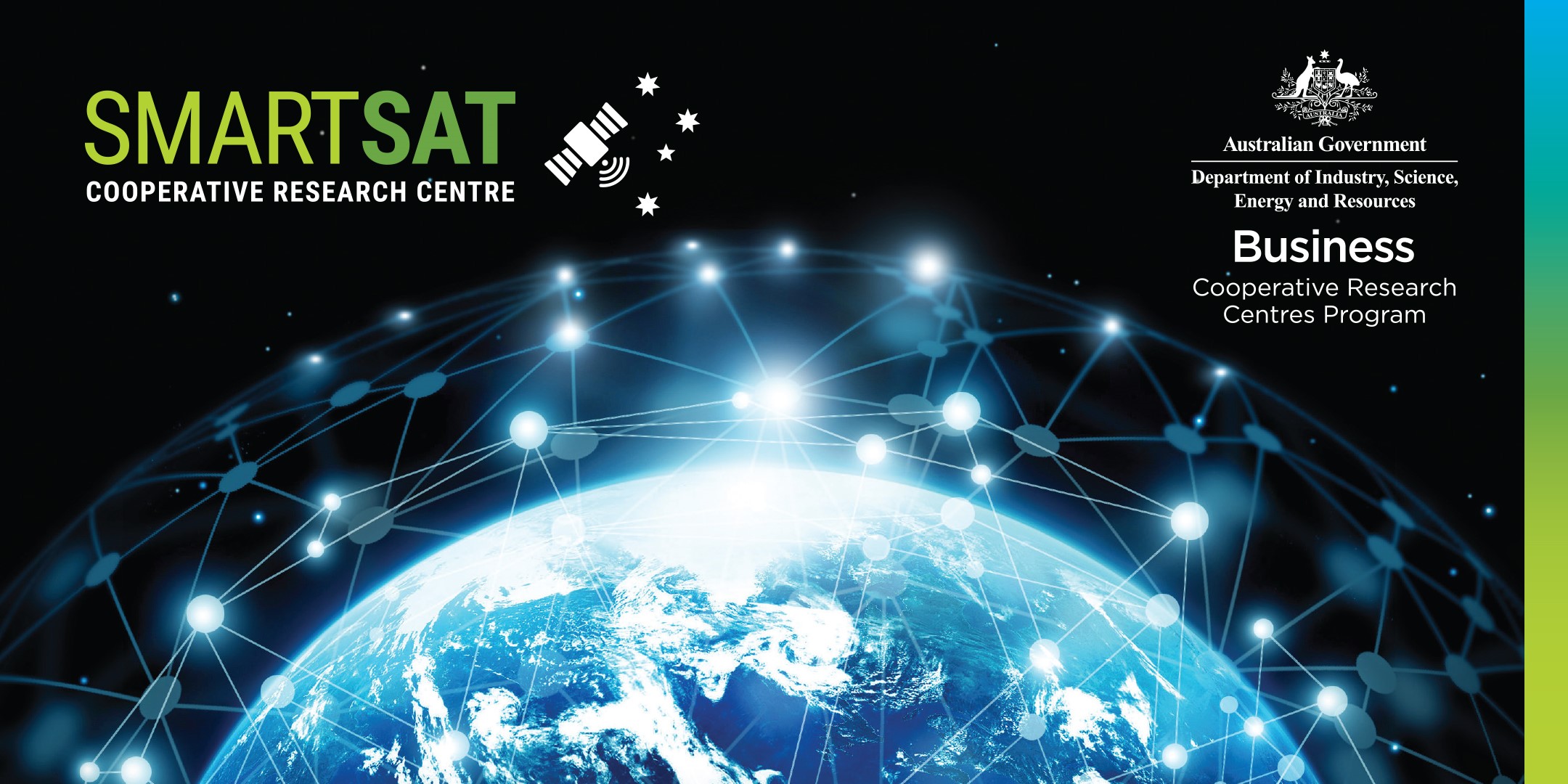Home Events SmartSat CRC Distinguished Speaker Series – Dr Max Pastena (SMARTSAT Partner event only)
SmartSat CRC Distinguished Speaker Series – Dr Max Pastena (SMARTSAT Partner event only)

Date: Thu 4 Jun 2020
Time: 4:00 pm
Location: Online
Register
AI integrated in CubeSat for EO – Future Missions / Earth Observation Programs (EOP-ΦM)
Massimiliano Pastena is a PhD in Aerospace Science and Technologies and holds a post graduate certification in Technology Management at the Open University and a micro master in Business leadership at University of Queensland. At the European Space Agency he takes care of the development of technologies for the future missions of Earth Observation for the Agency and Technical leader for the development of PhiSATs, and for most of the cubesat missions of the Earth Observation Directorate of the European Space Agency.
Before joining the Agency, he worked for more than 20 years in the space industry, pioneering the small satellite developments in the early ’90s and then cubesat development in the second half of the 2000s.
In the last decade, the NewSpace paradigm shift resulted in exploding commercial and scientific opportunities, encompassing an emerging investment philosophy and technological advancement. Two of the major technologies allowing these advancements and enabling those new trends and philosophies are cubesats and artificial intelligence.
In the upstream sector cubesats represent one of the most disruptive technology achievements that has changed the landscape of the Space commercial and scientific world – opening up opportunities for new lean and agile competitors in the field. In the future cubesats will be even more disruptive thanks to the coupling with enabling technologies such as Artificial Intelligence which give higher capabilities opening up to new remote sensing techniques enable new characteristics of data products with new commercial and scientific opportunities.
The lecture will go through the cubesat revolution and the immense opportunities of Artificial intelligence for Earth observation, highlighting the important role that these systems can have in the future and how their contribution can keep modelling the space of the future. In particular we will examine the possibilities that cubesats allow and how artificial intelligence on board cubesat can represents an enabling factor to disruptive application. The lecture will conclude with the show case of PhiSAT, the first mission of the European Space Agency dedicated to demonstrate the capabilities of Artificial intelligence on board a cubesat for Earth Observation.